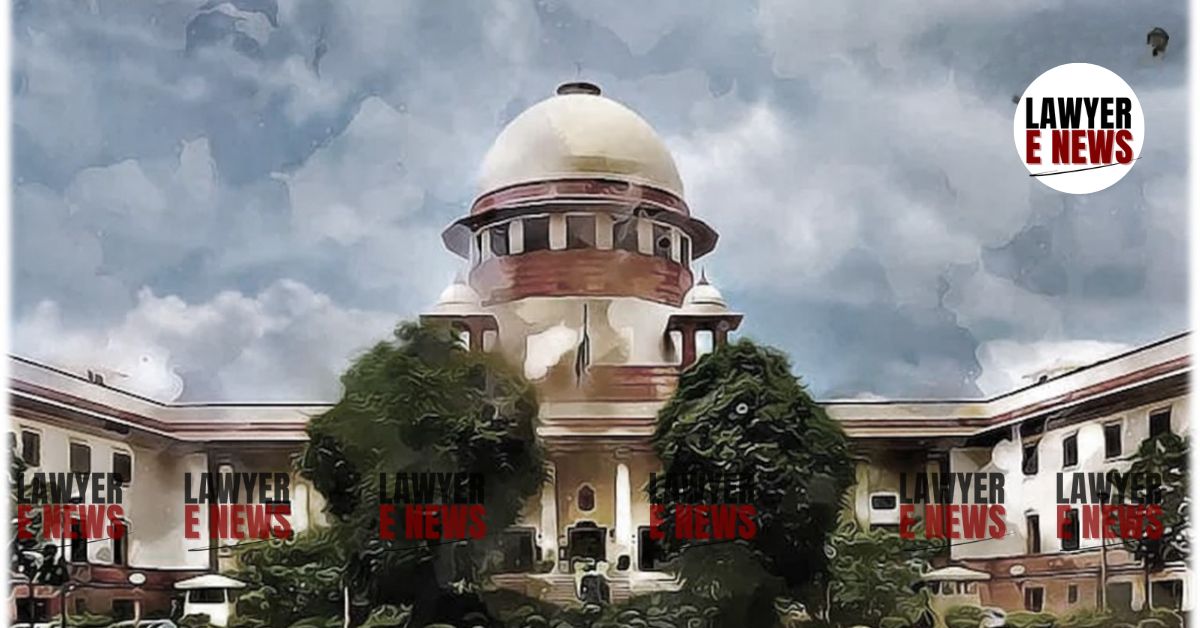-
by Admin
16 February 2026 1:47 PM



“Mere Breach of Contract Without Deceptive Intent at Inception Cannot Attract Criminal Liability” — Supreme Court allowed the appeal filed by a businessman accused of cheating under Section 420 IPC. The Court quashed the criminal proceedings, holding that “mere failure to repay a debt arising out of a commercial transaction, without more, does not establish the offence of cheating.”
The dispute arose from the appellant's alleged default in paying ₹76,82,883/- for coal supplied by the complainant between 2015 and 2017, followed by a notarized agreement in 2020 where the appellant agreed to clear dues through installments. The High Court had refused to quash the FIR, opining that prima facie the appellant had induced the complainant to supply coal by falsely portraying himself as a reputed businessman.
Disagreeing with the High Court, the Supreme Court held, “The High Court fell into error in holding that the mere recital in the notarized agreement constitutes an admission of dishonest inducement from inception.” The Court emphasized that the complainant continued to supply coal despite the appellant breaching the credit terms, indicating the absence of dishonest intent at inception.
The Bench clarified the settled principle, stating, “Failure to pay due to unfortunate business losses cannot be clothed with culpability and the process of criminal law utilized to recover outstanding dues.”
Referring to classic illustrations under Section 415 IPC, the Court explained, “If A, at the time of obtaining the money, intends to deliver the indigo plant, and afterwards breaks his contract and does not deliver it, he does not cheat, but is liable only to a civil action for breach of contract.”
The Court recorded that, “Investigating officer had recorded statements of two bankers and a builder, showing that the appellant had repaid earlier loans regularly and was financially solvent until 2018.”
The Court further observed, “Nothing is placed on record to disclose utter insolvency or bankruptcy of the appellant, which he had knowingly suppressed,” rejecting the argument of deception at inception.
The Bench quoted with approval from Sarabjit Kaur vs. State of Punjab, Hridaya Ranjan Prasad Verma vs. State of Bihar, and Khoda Bakhsh vs. Bakeya Mundari, reaffirming that “mere breach of promise to repay per se does not infer dishonest intention.”
Allowing the appeal, the Supreme Court quashed FIR No. 80/2022 under Section 420 IPC pending before the Nagpur Police, and held, “The appellant's case is a simple commercial dispute where the recourse should be civil law and not criminal prosecution.”
Date of Decision: April 2, 2025
